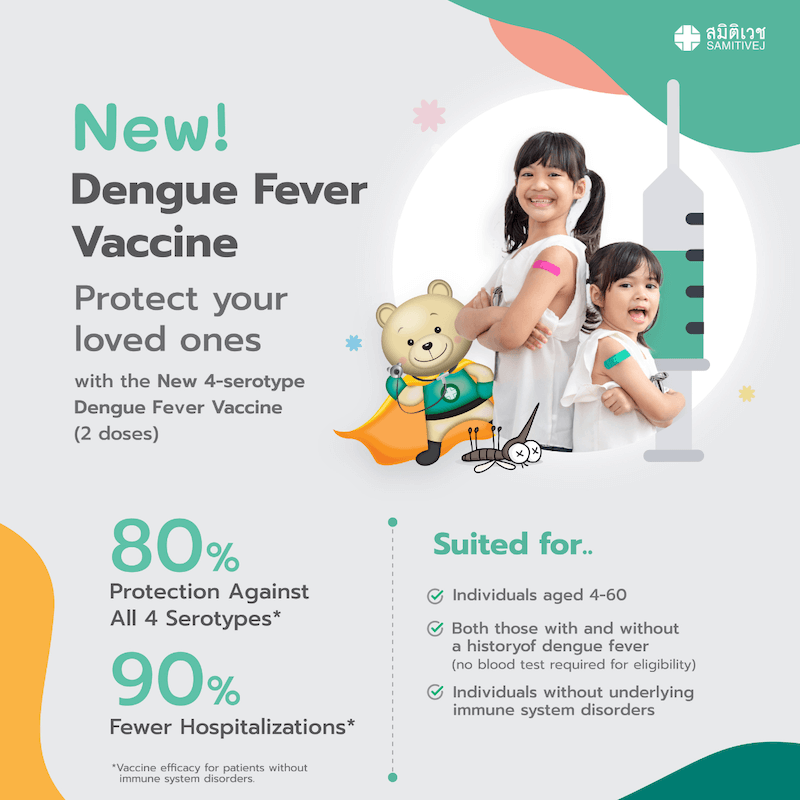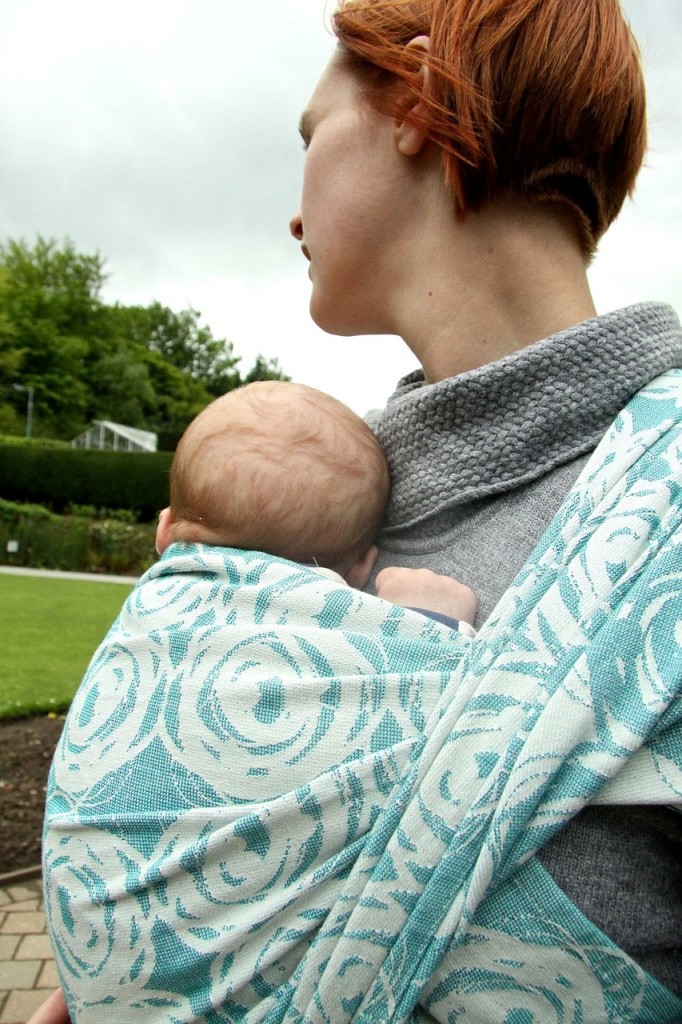Q: From a health standpoint, do you recommend using a baby carrier? I have one where the baby faces outwards (she weighs around eight or nine kilos), but it’s killing my back!
A: The use of baby carriers has grown hand-in-hand with the increasing popularity of “baby wearing” among new moms (and new dads, too).
Baby wearing keeps parent and baby physically close, which promotes emotional bonding. Baby wearing can also help new moms affected by post-partum depression to nurture their babies with minimal effort.
A baby carried often by a parent tends to be more calm, cries less and spends more time in a quiet, alert state that’s ideal for learning, socializing and mental development. And baby wearing even helps pre-mature infants grow faster.
When using a baby carrier, be sure to position the baby properly:
- Some baby carriers and other equipment may position the baby in a way that prevents healthy hip development.
- While in the carrier, the baby’s hips should be allowed to spread apart naturally, while its thighs are supported and its hips are bent (sometimes referred to as the jockey, straddle or frog position).
For parents using baby carriers, occasional back pain and soreness is quite common:
- While baby carriers are designed to distribute the baby’s weight evenly to reduce direct pressure on the back and spine, quality varies by brand and model, so you may have to try out several carriers to find the one that fits you best.
- Baby carriers make it much easier for a parent to be physically active, run errands or do household chores without being separated from their baby. But moving around while carrying the added weight of the baby means more strain on the back and spine, and a greater risk of injury when bending or lifting.
- In general, a forward-facing baby puts more strain on the back than an inward-facing baby.
Baby wearing shouldn’t cause significant or constant pain. If this is a new kind of pain that radiates to your lower extremities, and/or you’re starting to feel tingling and numbness, it may be the result of an injury or undiagnosed medical condition for which you need to see your doctor.
Editor’s Note: This article is sponsored content from Bumrungrad International Hospital, originally part of the bi-monthly Ask a Doctor column. It is solely intended as general information that may be useful for parents.















